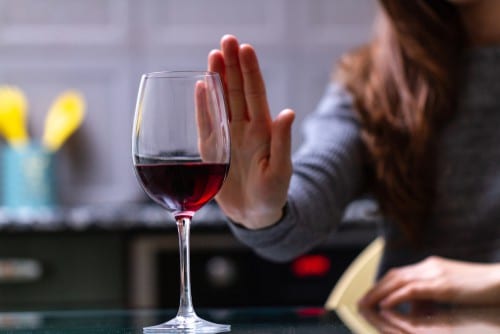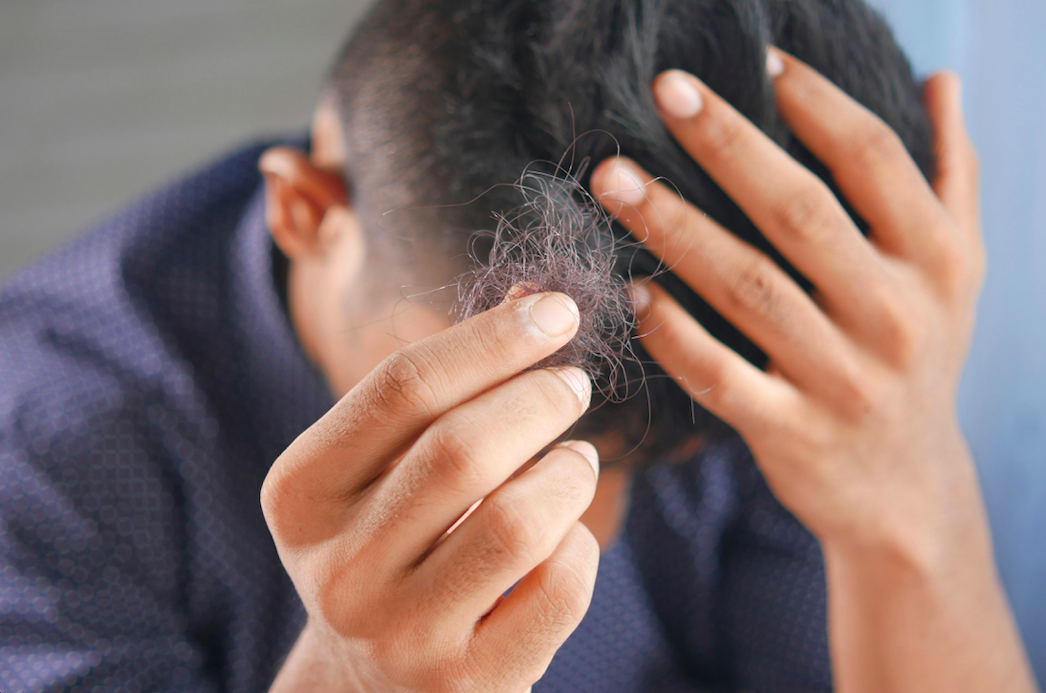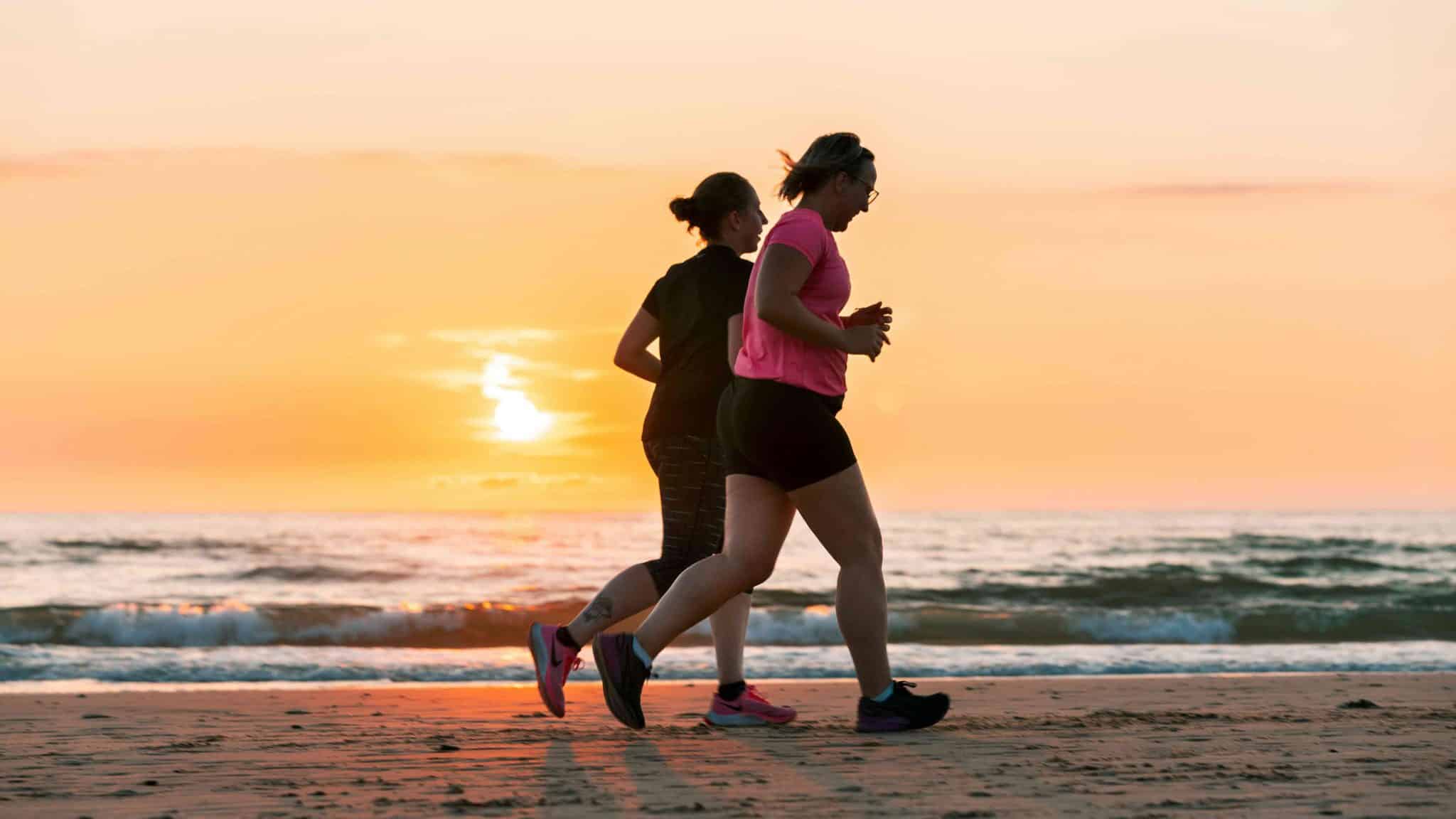A few drinks a week ‘reduces the risk of diabetes’
A study conducted in Denmark found that those who drink three or four alcoholic drinks a week are less likely to develop Type 2 diabetes than non-drinkers.
Among alcoholic drinks, wine was found to be more beneficial, probably because it plays a role in balancing blood sugar. The study, published in Diabetologia, was prepared by observing 70,000 people’s alcohol consumption and how often they drink it. But experts point out that this research should not be seen as an excuse to drink more than the recommended amount.
“We found that the frequency of drinking has an independent effect from the amount of alcohol consumed,” says Janne Tolstrup of the National Institute of Public Health at the University of Southern Denmark, who led the research. “We can see it’s a better effect to drink the alcohol in four portions rather than all at once.”
Following 5 years of research, participants found that 859 men and 887 women developed Type 1 or the more common type 2 diabetes when they were checked.
When the drinking habits of the subjects with the disease were examined, it was seen that the rate of diabetes reduced by 32 percent in women and 27 percent in men when it is drunk three or four times a week in a moderate way, compared to those who drink alcohol less than one day a week, all at once.
The research also found that not all alcoholic beverages have the same effect.
Wine, especially red wine, is thought to have a balancing effect on blood sugar levels thanks to the polyphenols in it and is therefore particularly beneficial.

As for beer, Men who drank one to six beers a week seem to have a 21 percent lower risk of diabetes care than those who drank less than one beer per week, but beer didn’t make a difference to women’s risk. In the meantime, high consumption of high-alcohol beverages such as vodka, gin, whiskey and raki significantly increases the risk of diabetes in women, but does not affect men.
Unlike other studies on this topic, this study did not find a link between excessive drinking and sugar in one go. Professor Tolstrup added this may be because few of the participants reported such binge drinking. Excessive drinking is defined as drinking five ounces of alcohol or more at a time.

Raising a glass to the findings of the Danish study?
On the other hand, many experts say the findings are interesting, but the effect of alcohol consumption on one person will be different than another person, so this should not be perceived as a “green light” for alcohol consumption.
According to the findings of the research, the weekly alcohol consumption of a male or female person should not exceed 14 units. This means roughly 5-6 glasses of beer or 10 glasses of wine not very high in alcohol. Ideally, it works best if this is consumed over three or four days, with no alcohol consumed on some occasional days.
Professor Tolstrup and his team used the same research to understand the effects of alcohol on other diseases. Likewise, they concluded that moderate alcohol consumption for three to four days may have an effect that reduces the risk of heart disease and stroke.
However, alcoholic beverages increase the risk of stomach and intestinal diseases, cirrhosis and pancreatitis. “Alcohol is thought to increase the risk of 50 different diseases, so we should not perceive the result of our research as the message ‘Let’s drink’, says Professor Tolstrup.
Diabetes and Alcohol Consumption Do’s and Don'ts
People with diabetes who drink should follow these alcohol consumption guidelines:
Do not drink more than two drinks of alcohol in a one-day period if you are a man, or one drink if you are a woman. (Example: one alcoholic drink = 5-ounce glass of wine, 1 1/2-ounce “shot” of liquor or 12-ounce beer).
- Drink alcohol only with food.
- Drink slowly.
- Avoid “sugary” mixed drinks, sweet wines, or cordials.
- Mix liquor with water, soda, or sugar-free soft drinks.
- Keep in mind that alcohol can interfere with the effects of diabetes medicines.
To reduce the risk if diabetes, you can check Diabetes Recovery Program.






